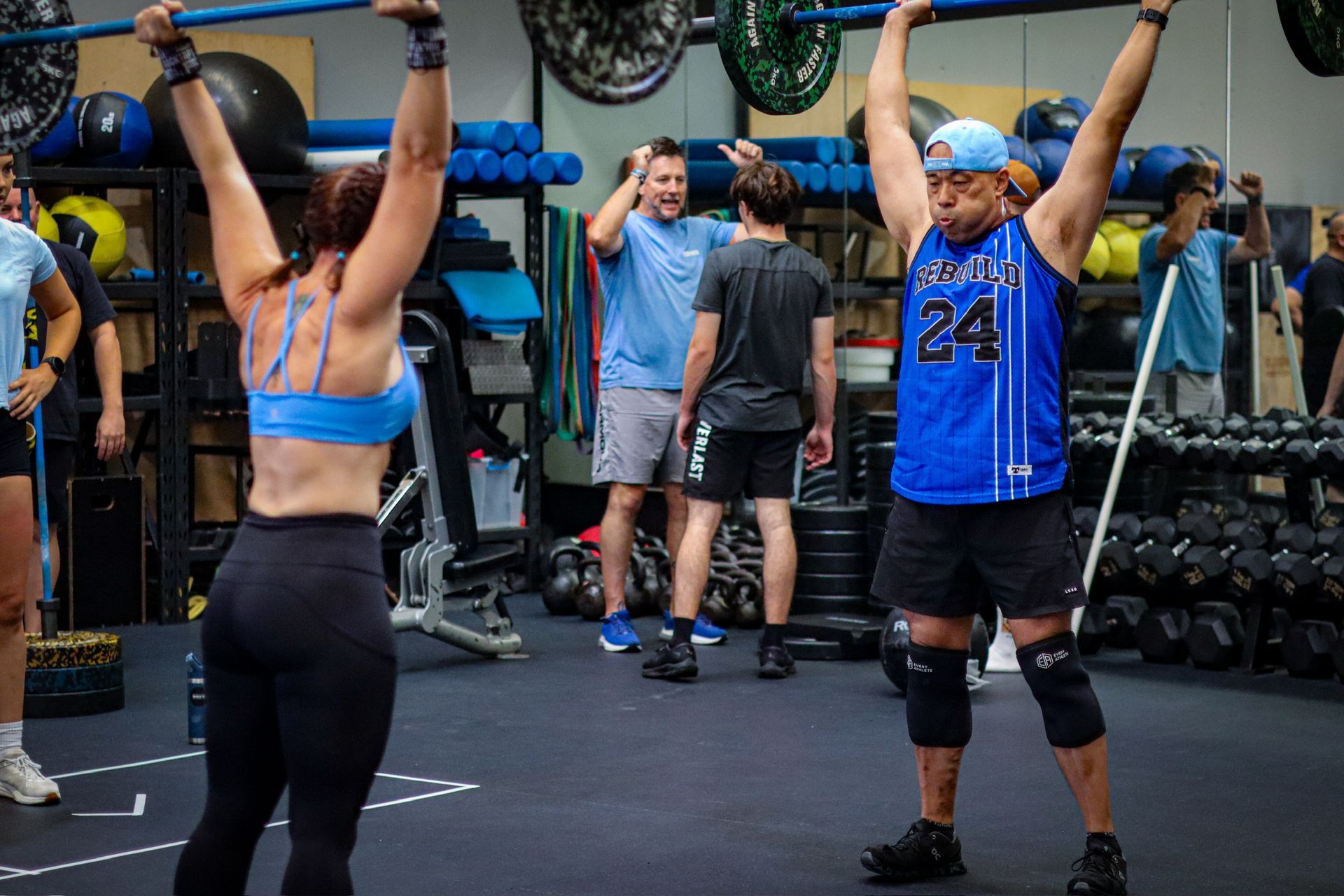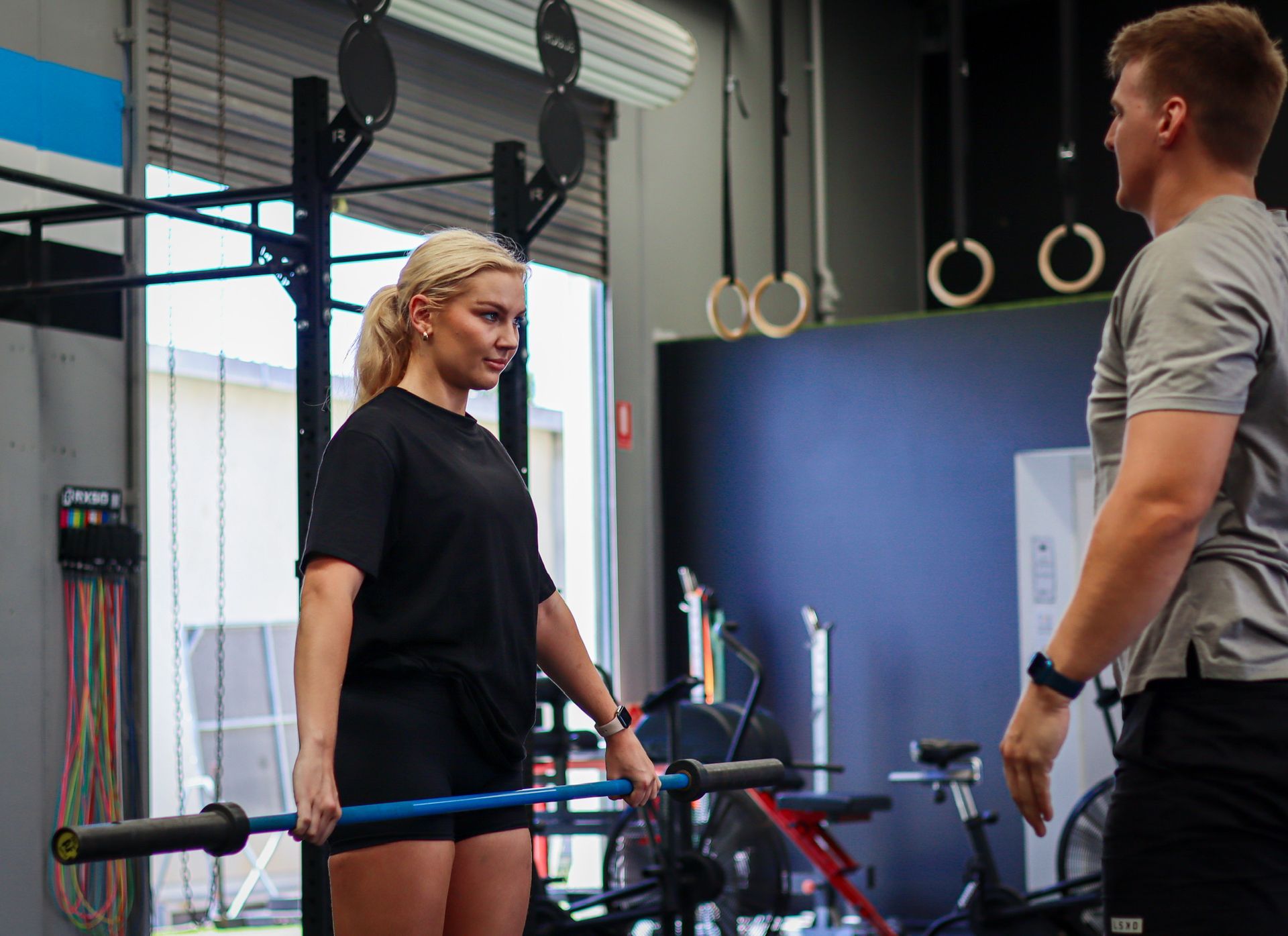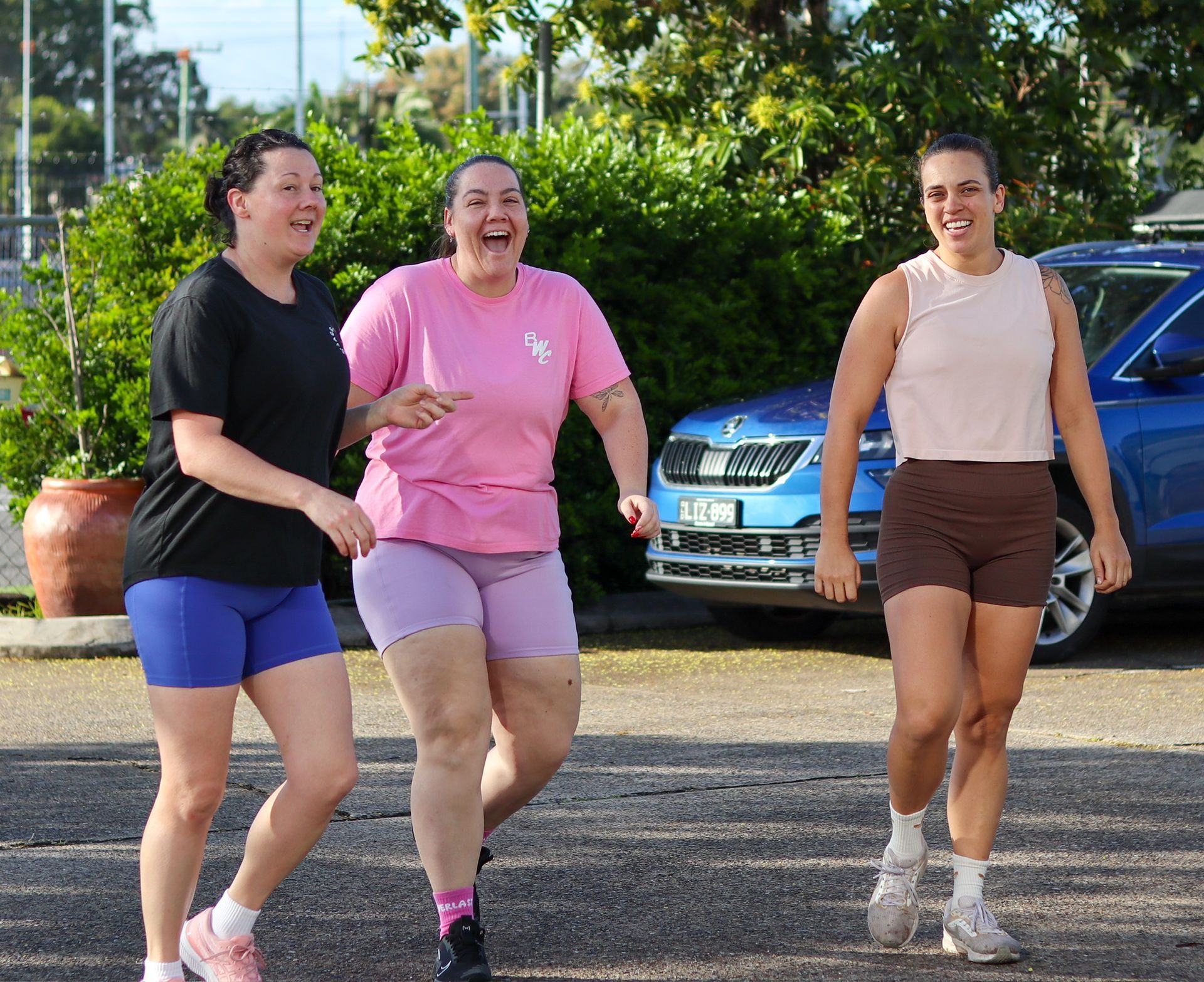How Being Comfortable Could Be Ruining Your Life
As humans, we tend to feel comfortable in familiar situations, among people we know, in environments we’re most used to residing in. However, these are the same factors that present themselves as a barrier when we try to grow and improve in the health space. Episode 47 of the Rebuild Health and Fitness Podcast is all about how being comfortable is ruining our lives – and most of us don’t even realise it.Rebuild coaches, Sean, James and Darius discuss how discomfort and challenging yourself actually pays off long term, by helping you grow and evolve.Sean says typically, we live fairly comfortable livesFrom waking up in our comfy beds in a temperature-controlled house, heating some breakfast, to driving to work only to sit behind a screen – and repeat this process, every day. “It makes me wonder what happens to us when we start looking for more discomfort and what it does to us as humans. I’m not saying we need to overhaul our lives; our lives are insanely good. But we need moments that help us change and grow. We're at a place where we expect everything to be easy. We can literally live our whole life from our homes, never having to leave,” he says. A recent study found that when offered the choice between the stairs and an escalator, only 2% of people will choose the stairs. 70% or more people are obese. 20% of eating is not driven by physical hunger but by boredom or stress. We're now exercising 14 times less than our ancestors and we spend 90% of our time indoors. “People are going to think that's bullshit, but when you look at it, that is how it really is,” concludes Sean.But when you think about it, what is it that helps us change?Well, according to James, it's “putting ourselves through stages of adversity” as this builds resilience in among us. Quoting Robert Heinlein, the American science fiction author, James says; “everything is theoretically impossible until it’s done.”The Central Governor Theory purports that our brains tend to control physical activity so that it’s intensity doesn’t threaten the body’s homeostasis by causing damage to organs. This means we naturally try to maintain a level of balance in the body, that exercise and physical activity can disrupt. James says, “The brain will override your physical ability and shut down the body before you're able to cause serious damage to yourself. So when you’re exercising, your brain is telling your body to stop because you're going to hurt yourself. But for those people, you have to tell your brain to shut up and let your body carry on. Because if every single time you're playing sport or you're exercising or doing anything that's active, if your body says stop - you're never going to get anywhere. If you stop every time you're uncomfortable, you're never going to get fitter. To build muscle you have to put it through stress, and more stress to get better. Every time we do something bigger, it’s harder until it’s not.”Discomfort is where progress happensSean explains that uncomfortable goals are where key progress happens. “To unlock your genetic potential as a human being, you need to be challenged. Aiming for a marathon can be a crazy feat, going on a 30k hike or just having a challenge that you, at this moment in time, cannot do or are not physically prepared to do but are working towards; it forces you to adapt,” he says. When setting your goals, Sean says it’s not about easily achievable or attainable. They should be a bit ambitious. “People say your goals need to be achievable but they need to scare you a little bit right? They need to make you think, ‘I’m going to have to sacrifice something to be able to do this’ – and that realisation, is the first step of growing and becoming a better you.”However, change or growth is only possible when we identify the lack of these aspects in our lives. We often tend to put these things behind us, thinking we’re doing well in life or are just going through a phase. It’s only when we introspect with an open mind or allow ourselves to feel vulnerable – do we identify the need for change. So where do we begin? James says: “What you need is just to sit down by yourself, and write these things down. Like you know, “one day I’d like to start my own business,” or “one day I’d like to run a marathon,” okay well then put on your shoes and go let’s go for a run.”“A lot of these adversities can just be a catalyst for change. So just going out and doing the thing you thought was impossible will give you something to believe in. All you need to do is to start simple, but you need to start,” says James.Listen to the podcast below, or if you want help with your nutrition, get in touch with our team; team@rebuildhealthandfitness.com
Previous Blogs




